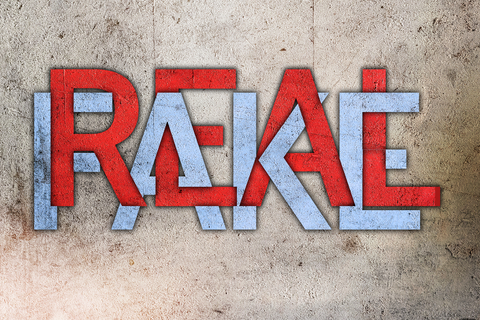The curious case of the counterfeit crypto CEO
A recent report exposing glaring red flags surrounding a collapsed cryptocurrency fund and their CEO earns this investment and its players a top spot in the Due Diligence Hall of Shame. The warning signs were so obvious, it’s hard to believe that anyone checked before getting involved.
The Guardian Australia’s investigation revealed that Steven Reece Lewis, the CEO used to market the fund, “does not appear to exist.” But the issues started before this latest revelation, and the saga makes a compelling case for thoroughly checking your investments–before you invest–and paying attention to the warning signs.
According to this report and a previous article in the Guardian, HperVerse is one of several companies within the HyperTech group run by Sam Lee and Ryan Xu. At the December 2021 online global launch event of the fund, a man called Steven Reece Lewis was introduced as the CEO. Promotional materials included a long list of achievements, including two degrees and several positions with well-known firms. Lewis even claimed to have sold a web development company to Adobe. Video released through social media after the launch included celebrity endorsements from Lance Bass, Chuck Norris, and others.
As was the case with other investments from Lee and Xu, the big returns and lofty goals did not materialize, and, according to the Guardian, “thousands of people have lost millions of dollars to the HyperVerse crypto scheme.” Through their investigation, the Guardian found that none of Lewis’ credentials checked out, and they could not verify his identity.
Unfortunately, the warning signs were all there and could have been discovered through a pre-investment due diligence investigation. No journalism credentials required.
Here are some of the biggest red flags that should have given investors and celebrities pause:
Flagged by regulators – Several regulators issued warnings about companies within the HyperTech group, including the U.K.’s FCA and New Zealand’s FMA. Some regulators missed it, though, so it’s important to check your target and all related companies in several places, including the International Organization of Securities Commissions Investor Alerts.
Unverifiable degrees or business claims – Always check credentials, because if someone lies about that, they’ll lie about anything. Selling a company to Adobe? That can be easily checked in public filings. Never rush into an investment without verifying all self-reported information.
Poor track record – The past can help predict the future. By looking at previous companies and investments run by the fund managers, you can get a idea if they’ve had their share of successes or failures. HyperTech companies and their affiliates haven’t fared so well, and they’ve left a trail of bad investments.
Grandiose claims and unrealistic returns – Vague, lofty promises of a “parallel system of existence that will change how people live…” sound fascinating, but what about specifics like technology or strategy? And those promised 300% returns sound much too good to be true.
No digital footprint – The Guardian found no LinkedIn profile or internet presence for Steven Reece Lewis other than HyperVerse promotional materials. In due diligence, no information is good information, and if you can’t find anything, it’s important to ask why.
The moral of the story? Don’t trust anyone with your hard-earned money or reputation without a thorough pre-investment background investigation on the company and people running the investment. Expand your searches to all related companies, don’t rely on regulators to do the work for you, and pay attention to any red flags–before it’s too late.



